
 |
| (File photo) |
BEIJING, Jan. 28 (Xinhua) -- The new novel "The Waste Tide," which depicts a dystopian China in the post-2020 era, is causing a stir not only because of the dark future it illustrates, but for the attitudes and beliefs it reflects.
The novel paints China as a conflicted nation, powerful enough to convince other countries to accept its ideologies, but not strong enough to pull its population out of poverty.
In fact, the Chinese society depicted in the novel features an even greater wealth gap than exists now, with the rich people possessing the country's main resources.
In an economic zone in Guangdong province, the laborers who undertake dangerous work for the profit of the Chinese and foreign businessmen who employ them, are depicted not as humans, but cyborgs whose bodies and minds have been altered permanently through bio-engineering. Their plight is unknown to the world, as the rich elite's control over the Internet means and no one can know what is happening to them.
The dystopian nightmare described by Beijing-based sci-fi writer Chen Qiufan is at odds with the government's goal of creating a "well-off society" by 2020, a feat described by some as the "China Dream."
Chen, 32, is a Beijing-based fiction writer and a Google employee. He spent a year writing his book, which was recently published by Shanghai Zui Co.,Ltd.
Acclaimed writer Guo Jingming, the company's president, wrote in the preface for Chen's book:
"In the novel, doomsday is not a fictitious thing from Mayan myth, but an astounding reality that we are facing now. You may find that our world is severely bruised and riddled with problems like environmental pollution."

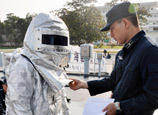



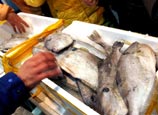
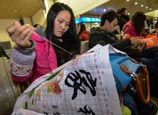

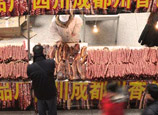
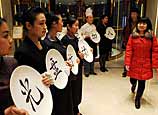
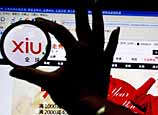






 People on way home during Spring Festival travel rush
People on way home during Spring Festival travel rush


![]()
